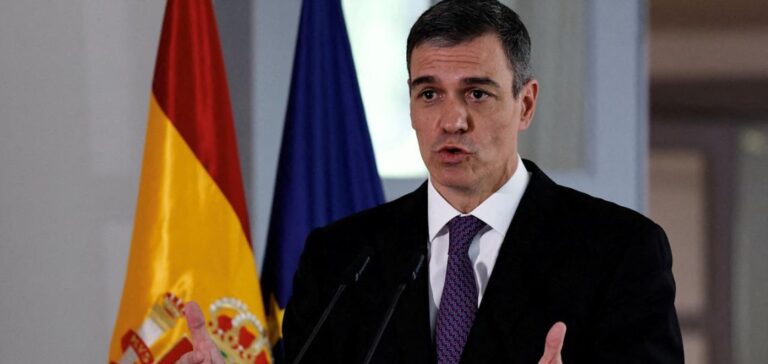Spanish authorities have strongly denied any responsibility for the major power outage that occurred on April 28, dismissing as “completely false information” the theory that an experiment had been conducted on the national grid. Secretary of State for Ecology Sara Aagesen told Parliament that the article published by The Telegraph alleging Spain tested the limits of its power system as part of its energy transition was inaccurate.
Her statement followed the May 23 report by British daily The Telegraph, which cited unnamed sources in Brussels claiming that the Spanish government had been testing the resilience of its electricity grid by reducing the input from conventional energy sources, in the lead-up to the scheduled closure of two nuclear reactors in 2027.
Conventional producers mentioned by REE
Beatriz Corredor, President of Red Eléctrica de España (REE), also denied any experimental activity. In an interview with La Vanguardia, she confirmed there had been no overload, short circuit, or cyberattack at the time of the blackout. According to her, the grid did not register any excess renewable energy production.
However, Corredor noted that several electricity producers using conventional sources — gas, hydroelectric or nuclear plants — showed voltage control parameters below technical standards on that day. She did not clarify whether this imbalance contributed to the failure of the system.
Energy companies demand greater transparency
The Spanish Electricity Industry Association (Aelec), which includes Iberdrola and Endesa, stated that no faults had been identified in its members’ installations. In a statement issued on May 27, Aelec said that protection systems had functioned according to standards. The organisation called for more transparency from REE, arguing that technical data should be shared with all involved operators.
According to the authorities, two strong oscillations were recorded within the 30 minutes before the service interruption. These were followed by three separate incidents over a 20-second period at substations in Granada, Badajoz and Seville, though their exact cause has yet to be determined.
A cause still unknown one month later
The outage led to a prolonged electricity supply interruption in both Spain and Portugal, affecting millions of users and prompting significant mobilisation in the energy sector. Despite intensified investigations, no specific cause has yet been confirmed.
Sector stakeholders continue to await concrete findings. “It is not responsible to assign blame while the cause of the outage is still under investigation,” Sara Aagesen told members of Parliament, urging that unfounded speculation be avoided.






















